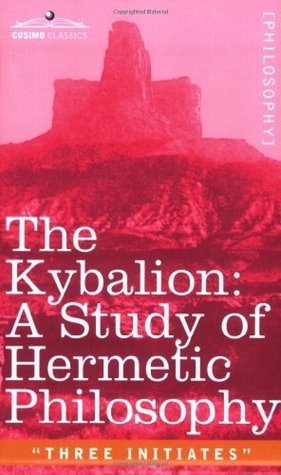More on this book
Community
Kindle Notes & Highlights
These men have never sought popular approval, nor numbers of followers. They are indifferent to these things, for they know how few there are in each generation who are ready for the truth, or who would recognize it if it were presented to them.
They reserve their pearls of wisdom for
the few elect, who recognize their value and who wear them in their crowns, instead of casting them before the materialistic vulgar swine, who would trample them in the mud and mix them with their disgusting mental food.
Neophytes who afterward, as Hierophants, Adepts, and Masters, traveled to the four corners of the earth, carrying with them the precious knowledge which they were ready, anxious, and willing to pass on to those who were ready to receive the same.
"The Master of Masters." This man, if "man" indeed he was,
dwelt in Egypt in the earliest days. He was known as Hermes Trismegistus.
the Egyptians deified Hermes, and made him one of their gods, under the
name of Thoth. Years after, the people of Ancient Greece also made him one of their many gods-calling him "Hermes, the god of Wisdom." The Egyptians revered his memory for many centuries-yes, tens of centuries-calling him "the Scribe of the Gods," and bestowing upon him, distinctively, his ancient title, "Trismegistus," which means "the thrice-great"; "the great-great"; "the greatest-great"; etc. In all the ancient lands, the name of Hermes Trismegistus was revered, the name being synonymous with the "Fount of Wisdom."
It has been passed along from Master to Student; from Initiate to Hierophpt; from lip to ear.


